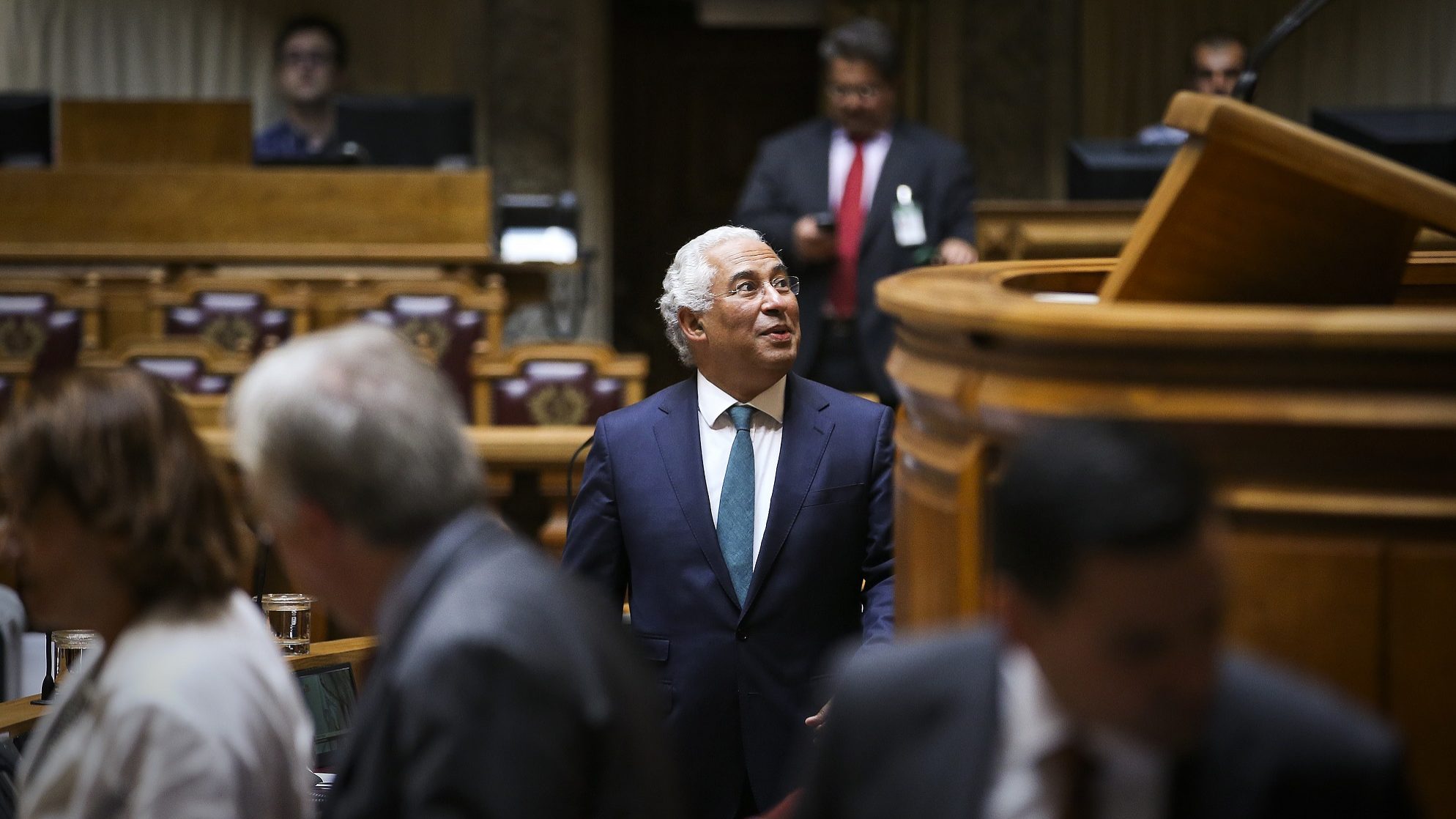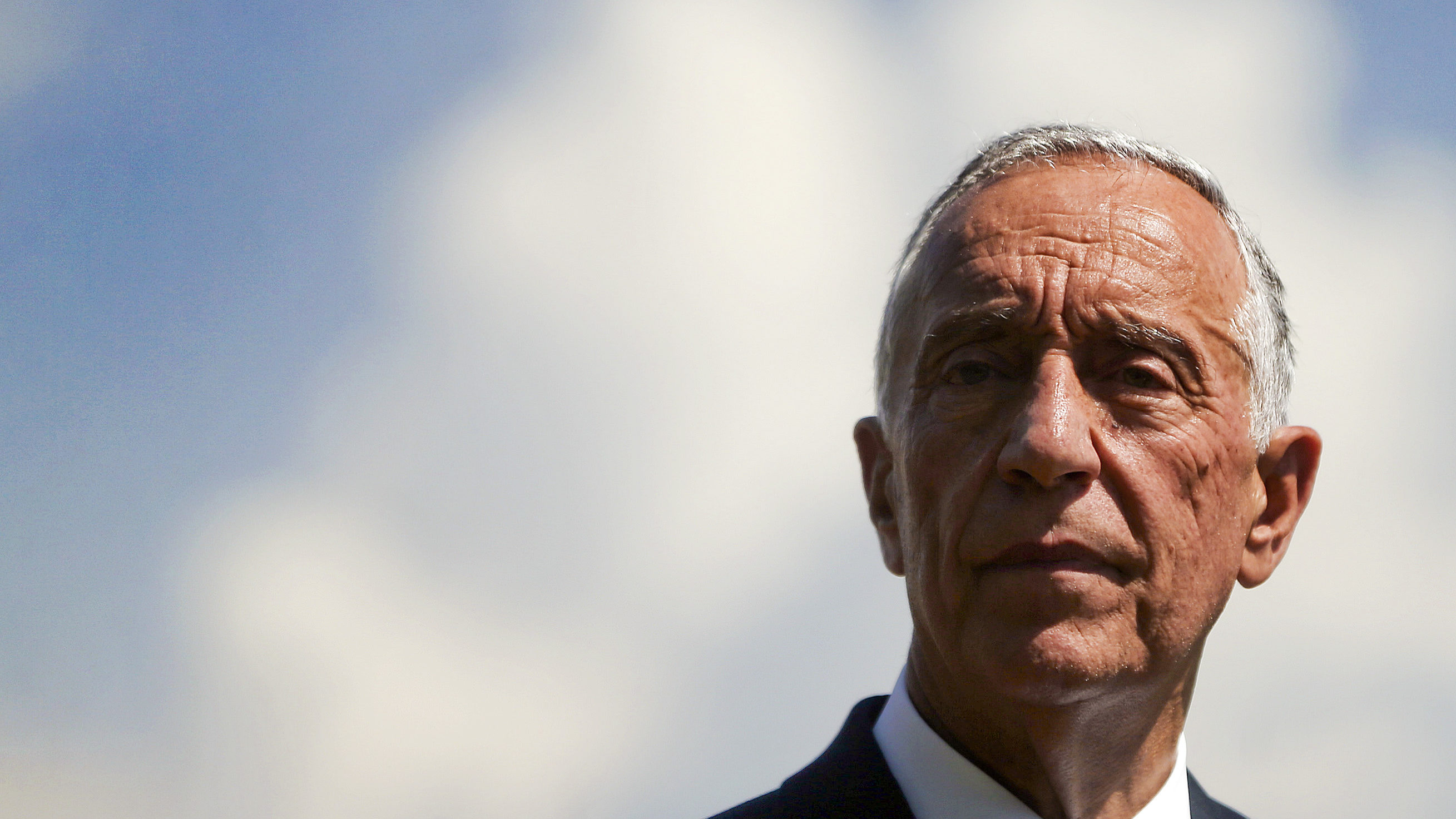Council of state expects ‘broad consensus’ on EU funds
The council of state has said on Friday that European funds can be a contribution to economic growth, employment and social justice in Portugal.
Portugal’s council of state has said that European funds can be a contribution to economic growth, employment and social justice in Portugal and expects them to be applied with rigour, transparency, and broad consensus.
This position is set out in an information note released at the end of the meeting of the political body that consulted Portugal’s president, Marcelo Rebelo de Sousa, which was held on Thursday by videoconference.
According to the note, the council of state analysed the social and economic situation arising from the pandemic context still underway, discussed the framework for Portugal’s responses to the economic recovery and the structural changes, essentially envisaged for the medium and long term.
The importance of the agreement reached at the European Council on July 21 was highlighted. In Portugal, it may constitute a contribution to rigorously, transparency, broad political and social consensus and the capacity to define and implement, promote the qualification, innovation and creativity, growth and competitiveness of the economy, employment sustainability and social cohesion and justice, all centred on the most essential – the Portuguese citizens, the note said.
The meeting began at 4 p.m. and, according to a source from the presidency, ended around 8.45 p.m.
In the early hours of Tuesday, the European Council approved a Multiannual Financial Framework for 2021-2027 of 1.074 billion euros and a Recovery Fund of 750 billion euros, of which 390 billion euros will be allocated in grants and the remaining 360 billion euros in the form of loans.
Adding 15.3 billion euros in grants from the Recovery Fund and 29.8 billion euros in grants from the Multiannual Financial Framework, Portugal will receive over 45 billion euros over the next seven years.
This was the 16th meeting of the council chaired by Marcelo Rebelo de Sousa who, since taking office in March 2016, has increased its frequency by convening this political consultation body approximately every three months, and innovated by inviting foreign and Portuguese personalities to the meetings of this body.
The previous meeting took place on 18 March, also by videoconference, to analyse the situation arising from the Covid-19 pandemic and the possible declaration of a state of emergency, which was then proposed by the president to parliament, and was in force between March 19 and May 2.
During this period, the members of the council of the state were not consulted again by De Sousa but had access by videoconference to information shared at meetings held at Infarmed in Lisbon on the evolution of Covid-19, a disease caused by a new coronavirus that has already killed another 1700 people in Portugal.
The council is composed of the holders of the offices of the parliament’s speaker, prime minister, president of the constitutional court, regulator, presidents of regional governments and former presidents.
It also includes five citizens designated by De Sousa, for the period corresponding to the duration of his mandate, and five elected by the parliament, following the principle of proportional representation, for the period corresponding to the duration of the legislature.


